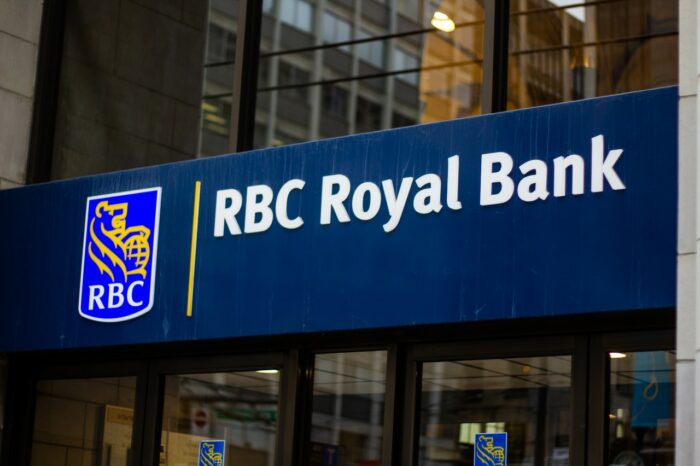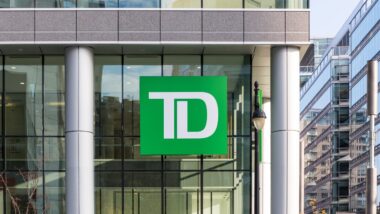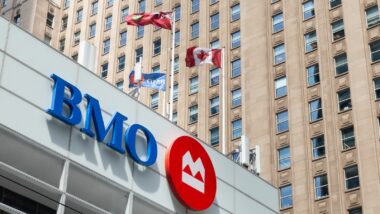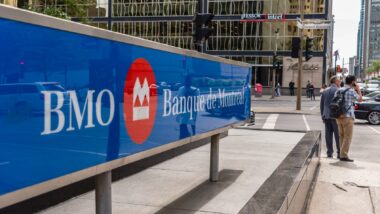Top Class Actions’s website and social media posts use affiliate links. If you make a purchase using such links, we may receive a commission, but it will not result in any additional charges to you. Please review our Affiliate Link Disclosure for more information.

FX market Overview:
- Who: Toronto Dominion, Royal Bank of Canada, Credit Suisse, and Deutsche Bank have agreed to settlements resolving claims of price fixing in the FX market.
- What: The financial institutions will pay nearly $24 million.
- Where: The case, originally filed in Ontario, covers individuals throughout Canada.
Plaintiffs in a class action lawsuit have reached a nearly $24 million settlement with several more financial institutions and banks over claims they worked together to control the market for foreign currency — the “FX market.”
The banks involved in this newest settlement are Toronto Dominion Bank, TD Securities, TD Bank USA N.A. and TD Bank N.A, the Royal Bank of Canada and RBC Capital Markets LLC, Credit Suisse Group AG, Credit Suisse Securities (USA) LLC, Credit Suisse AG and Credit Suisse Securities (Canada) Inc., and Deutsche Bank AG.
The class action lawsuit was filed in Ontario on behalf of the trustees of the Labourers’ Pension Fund of Central and Eastern Canada.
The Ontario Superior Court of Justice certified the class action in 2020.
The Class certified in the recent round of settlements includes anyone in Canada who, between Jan. 1, 2003 and Dec. 31, 2013, entered into an FX Instrument — FX spot transactions, outright forwards, FX swaps, FX options, FX futures contracts, options on FX futures contracts, and other instruments traded in the FX Market — either directly or indirectly through an intermediary, and/or purchased or otherwise participated in an investment or equity fund, mutual fund, hedge fund, pension fund or any other investment vehicle that entered into an FX Instrument.
Under the terms of their respective settlement agreements, TD agrees to pay $4.5 million, RBC agrees to pay $6.556 million, Credit Suisse agrees to pay CAD $5,560,000, and Deutsche Bank agrees to pay USD $7.22 million.
Amounts previously paid toward contested certification motion costs will be deducted from these numbers.
Plaintiffs previously reached settlements with other defendants, including HSBC, Barclays, J.P. Morgan, Goldman Sachs Canada Inc., and others.
Funds from those settlements are currently being administered, and Class Counsel is requesting that funds from the new settlement be administered following the same protocol, with the Direct Claims Fund and Indirect Claims Fund to be allocated 80 percent and 20 percent of the net proceeds, respectively.
A direct claimant is a Class Member who entered into a FX instrument directly with a financial institution, whether or not that institution is one of the defendant, while an indirect claimant is a Class Member who entered into a FX Instrument indirectly through an intermediary, and/or purchased or otherwise participated in certain investments that themselves entered into FX Instruments.
Under the previously approved distribution protocol, direct claimants will document their eligible transaction volume using their own records and submit those records to the administrator. The only situation in which these claimants will not receive a payment is if the compensation for their claim is less than $20.
Indirect claimants will receive payments based on the value of their investments. These claimants will receive $20 if their investment was less than $100,000, $50 if their investment was greater than $100,000 but less than $1 million, or $50 plus $1 per $10,000 in excess of the first $1 million.
Do you think you qualify as a Class Member in the FX market price-fixing conspiracy class action lawsuit? Let us know in the comments below.
The plaintiffs are represented by the law firms of Koskie Minsky LLP, Sotos LLP, and Siskinds LLP.
The FX Market Price-Fixing Conspiracy Class Action Lawsuit is Mancinelli, et al. v. Royal Bank of Canada, et al., Case No. CV-15-536174-00CP in the Ontario Superior Court of Justice, Canada.
Don’t Miss Out!
Check out our list of Class Action Lawsuits and Class Action Settlements you may qualify to join!
Read About More Class Action Lawsuits & Class Action Settlements:

















2 thoughts onMore Banks Settle FX Market Price-Fixing Claims for $24M
Too bad that this applies to a specified period. I do not qualify for that period.
Now waiting for the next class action suit to challenge the Bid/Ask spread for FX in REGISTERED ACCOUNTS. By their very nature, there is no competition for such FX conversions, but the Bid/Ask spreads quoted , even for transactions of $250,000 and up, and their and execution are horrible. At least when compared with any other liquid market and CAD/USD certainly should qualify for liquid market
I qualify for the RBC suit